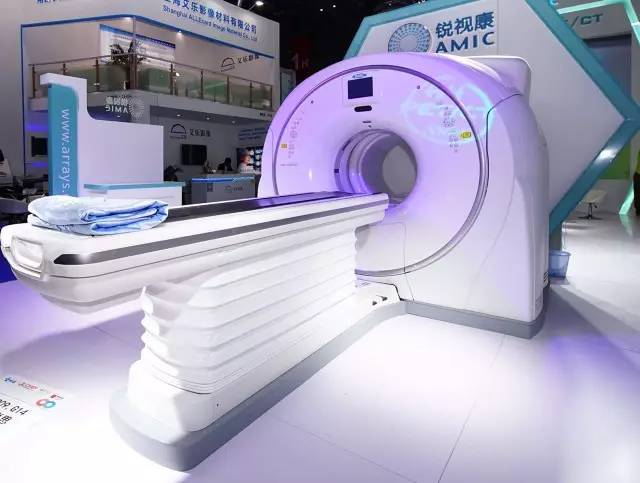Diet before a PET Scan: Essential Preparation Tips for Accurate Results
Guide or Summary:Pre-Scan Diet GuidelinesPost-Scan Diet ConsiderationsPreparing for a PET (Positron Emission Tomography) scan can be daunting, especially wh……
Guide or Summary:
Preparing for a PET (Positron Emission Tomography) scan can be daunting, especially when considering the diet restrictions that may be necessary before the procedure. A PET scan is a crucial diagnostic tool that helps healthcare professionals visualize and assess various physiological processes within the body. To ensure the most accurate results, it is essential to follow specific dietary guidelines before undergoing a PET scan.
The primary goal of a PET scan is to detect and measure the metabolic activity of tissues and organs. This is achieved through the use of a radiopharmaceutical that is injected into the patient. The radiopharmaceutical then travels through the body, accumulating in areas of high metabolic activity. By detecting the emitted radiation, the PET scan can create detailed images of the body's internal structures and functions.
Diet restrictions before a PET scan are critical because certain foods and beverages can interfere with the scan's accuracy. Here are some essential preparation tips to ensure the best possible results:
Pre-Scan Diet Guidelines
1. **Avoid High-Fat Foods:** Foods high in fat can cause the radiopharmaceutical to be absorbed more slowly and lead to lower uptake in the organs being scanned. Therefore, it is advisable to avoid fatty foods such as fried foods, fatty cuts of meat, and full-fat dairy products for at least 24 hours before the scan.

2. **Limit Caffeine and Sugar Intake:** Caffeine and sugar can increase metabolic activity, which may lead to false-positive results. Therefore, it is recommended to avoid beverages like coffee, tea, and sodas, as well as sugary foods and sweets, for at least 24 hours before the scan.
3. **Avoid Dairy Products:** Dairy products can cause increased metabolic activity in the stomach and intestines, which may interfere with the scan results. Therefore, it is advisable to avoid dairy products for at least 24 hours before the scan.
4. **Hydrate Properly:** While it is essential to avoid high-fat and high-sugar foods, staying hydrated is crucial. Dehydration can affect the quality of the scan images and make it more challenging to interpret the results accurately. Therefore, it is recommended to drink plenty of water throughout the day leading up to the scan.
5. **Follow Specific Preparation Instructions:** The specific dietary guidelines you need to follow may vary depending on the type of PET scan and the area of the body being scanned. Therefore, it is essential to follow the instructions provided by your healthcare provider carefully.

Post-Scan Diet Considerations
After the PET scan, it is important to follow a balanced diet to ensure proper recovery and healing. While the scan itself does not pose any immediate risks, it is essential to maintain a healthy diet to support overall health and well-being.
1. **Resume Normal Diet:** Once the scan is complete, you can resume your normal diet. It is essential to maintain a balanced diet that includes a variety of fruits, vegetables, whole grains, lean proteins, and healthy fats.
2. **Stay Hydrated:** Maintaining proper hydration is crucial for overall health and well-being. Therefore, it is recommended to drink plenty of water throughout the day.
3. **Monitor for Any Unusual Symptoms:** While PET scans are generally safe, it is essential to monitor for any unusual symptoms such as fever, chills, or persistent pain. If you experience any of these symptoms, it is important to contact your healthcare provider immediately.

In conclusion, following the appropriate dietary guidelines before a PET scan is crucial for ensuring accurate results. By avoiding high-fat foods, limiting caffeine and sugar intake, avoiding dairy products, staying hydrated, and following specific preparation instructions, you can help ensure the best possible outcomes from your PET scan. Remember, always consult with your healthcare provider for personalized advice and guidance.